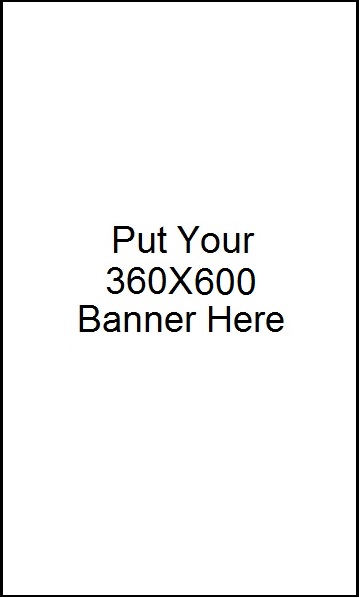Currency trading, often known as forex trading, is a type of financial trading that involves the purchase and sale of currencies. Dealing in foreign exchange currencies, usually in pairs, is what forex trading entails. The purpose is to use the price difference between one currency and another, as well as the difference between currencies as a whole. If you want to be good at Forex and generate money, you need to cover all of your bases, just like any other business.
 |
| If you want to make money trading currencies, keep these four tips in mind |
Covering the Fundamentals of Currency Trading
This include reading about Forex methods, charts, and indicators in addition to the definitions of terminology. Rather, it's about putting in the time to read important information and persevering in obtaining training and experience. It is no longer required to attend a "traditional school." This is due to the fact that you can enrol in online courses that will award you with a graduate diploma. If you simply want to work part-time as a Forex broker, it is strongly recommended that you take online courses; however, if this is not possible, you must at the very least obtain high-quality e-books and read them thoroughly.
Regular classes and online courses will give you with opportunities to gain real-world experience and instruction. Enroll in Forex accounts that have practise Forex accounts as an option. This is where you simulate actual trades using dummy money, utilising real data and even real-time market prices.
Decide on your currency pair before you start trading.
Although there are many currencies and currency pairings to work with, it is best for part-time brokers or even beginner traders to focus on one or two. This is because each trade is performed only after a thorough examination of a slew of raw data from Forex feeds and the news.
Long-term or short-term currency trading.
Most newcomers want to jump right into the action, so they trade in the short term. This entails buying and selling currency pairings dozens of times per trading day. There are a lot of web sources that claim this is the best method to go about it, and they aren't always wrong. It's vital to keep in mind that short-term trading enhances your odds of making a profit per trade, but it also raises your possibilities of losing money per trade. Short-term deals, on the other hand, usually involve less money and reward.
Long-term trades, on the other hand, entail carefully selecting your currency pairs and then sifting through raw data, numerous analyses, expert opinions, current events, and so on to determine whether or not you will move or stay put. The disadvantage of this style of trading is that it usually requires a considerable number of money to be lucrative, and gains are spread out over a long period of time, despite the fact that profits are usually higher.
Get your licence or hire a broker if you want to trade currencies.
You'll need to earn your licence if you want to make this a full-time employment. This is done to exclude the middlemen and brokers from the equation. If you're merely trading on the side, you'll need to hire a Forex trader and/or a broker. The former does your deal for you, while the latter presents you with a trade list.













.png)
.png)